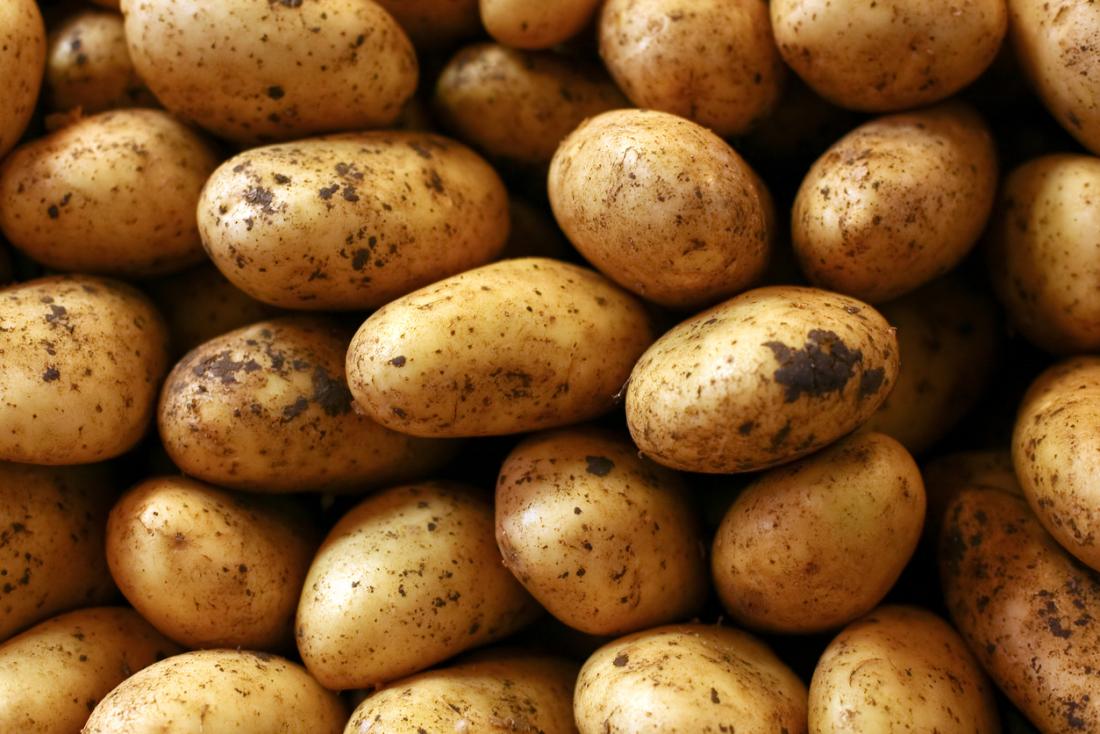Ireland - Fears of potato shortage as bad weather hits harvest
22.10.2019 788 views
ScaleAgData Stakeholder Engagement Event
22.10.2024The ScaleAgData project is pleased to invite you to our second stakeholder event. Building on the discussions and connections formed during our first webinar, this event will focus on fostering collaboration among stakeholders, providing updates on our project’s progress, and outlining future opportunities for engagement.

USA - Record-Breaking Cold Hits South, Leaving Snow, Accidents and Crop Damage
Record-breaking cold gripped the Southeast this weekend, bringing heavy snow to parts of Tennessee and North Carolina, canceling flights across the region and threatening citrus crops in Florida.

Ghana - Government deepens engagement with fish farmers to boost aquaculture sector
The Minister for Fisheries and Aquaculture, Hon. Emelia Arthur, has concluded a two-day working tour of major aquaculture facilities across the Eastern, Volta, and Greater Accra Regions.

India - Govt Social Security Insurance Coverage Crosses 125 Crore Policies
The Union government on Monday said it is steadily expanding the reach of affordable insurance across the country through a mix of low-premium social security schemes, regulatory reforms and digital outreach, with the long-term objective of bringing every citizen under some form of insurance protection by 2047.

Study shows insect farming byproduct boosts soil health, reduces crop damage
With insect farming projected to produce millions of tons of insects in the coming years, Arkansas Agricultural Experiment Station researchers offer evidence that the insect farming byproduct called "frass" can improve soil health and reduce insect damage in soybean crops.

USA - Winter weather creates hard work for local livestock farmers
While many residents were safely tucked inside during the snowstorm that hit the Shenandoah Valley on Jan. 25, Mindy Lipinski of Revercomb Farms in Bridgewater was not.

USA - Statewide $10M agriculture innovation grant coming soon for Pennsylvania startups
Pennsylvania is reopening a funding opportunity for local agricultural technology companies, presenting another chance for startups in the space to level up their products.

Australia - CSIRO’s research to tackle $150 million in crop loss
New research has unlocked the genetic code of a crop damaging fungus, opening the way for improved disease control

India - Union Budget 2026 raises farm allocation but cuts crop insurance, keeps key schemes underfunded
Agriculture and allied activities saw an allocation of Rs 1.62 lakh crore, an increase of around 7 per cent compared to Revised Estimates of Rs 1.51 lakh crore in 2025-26.




